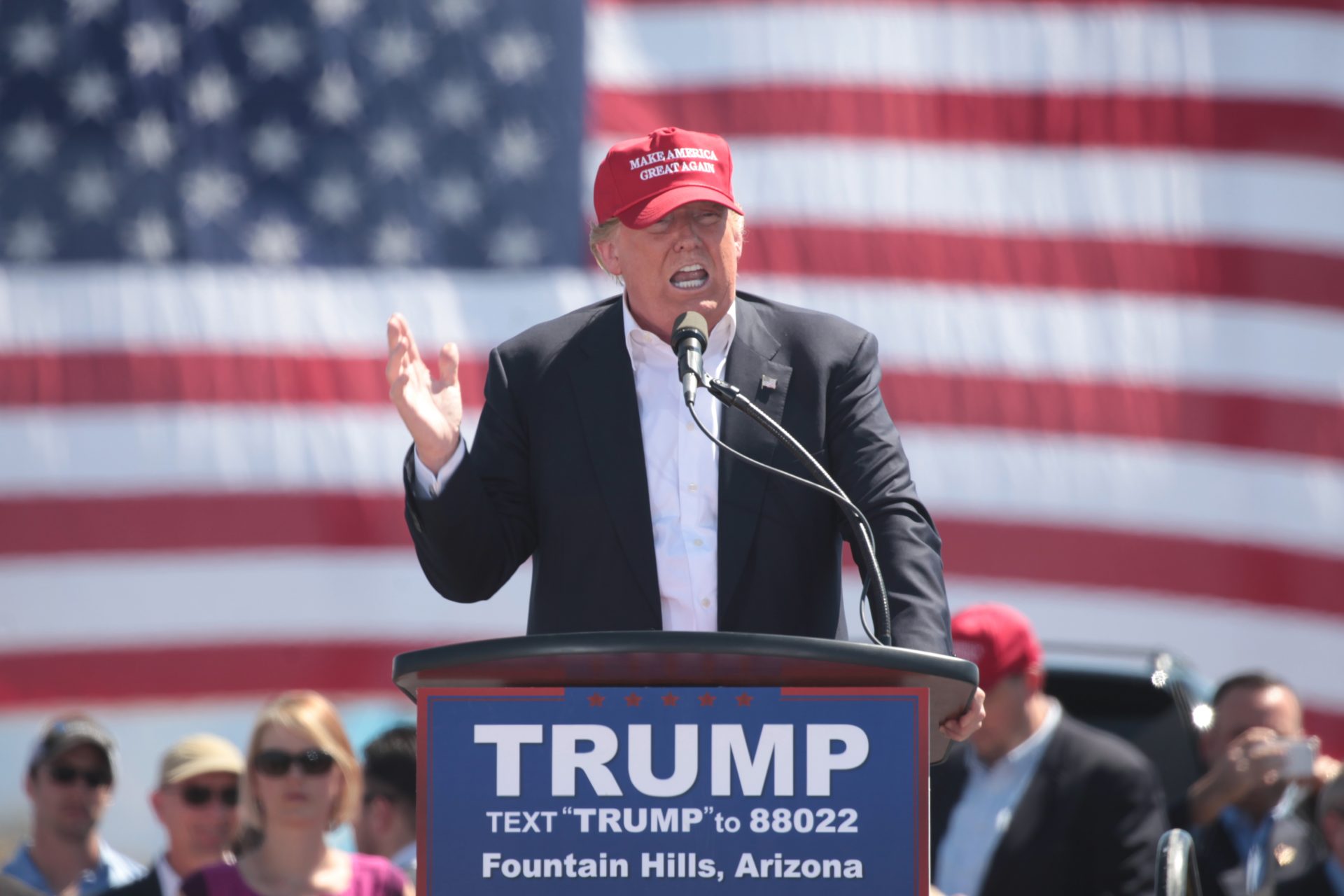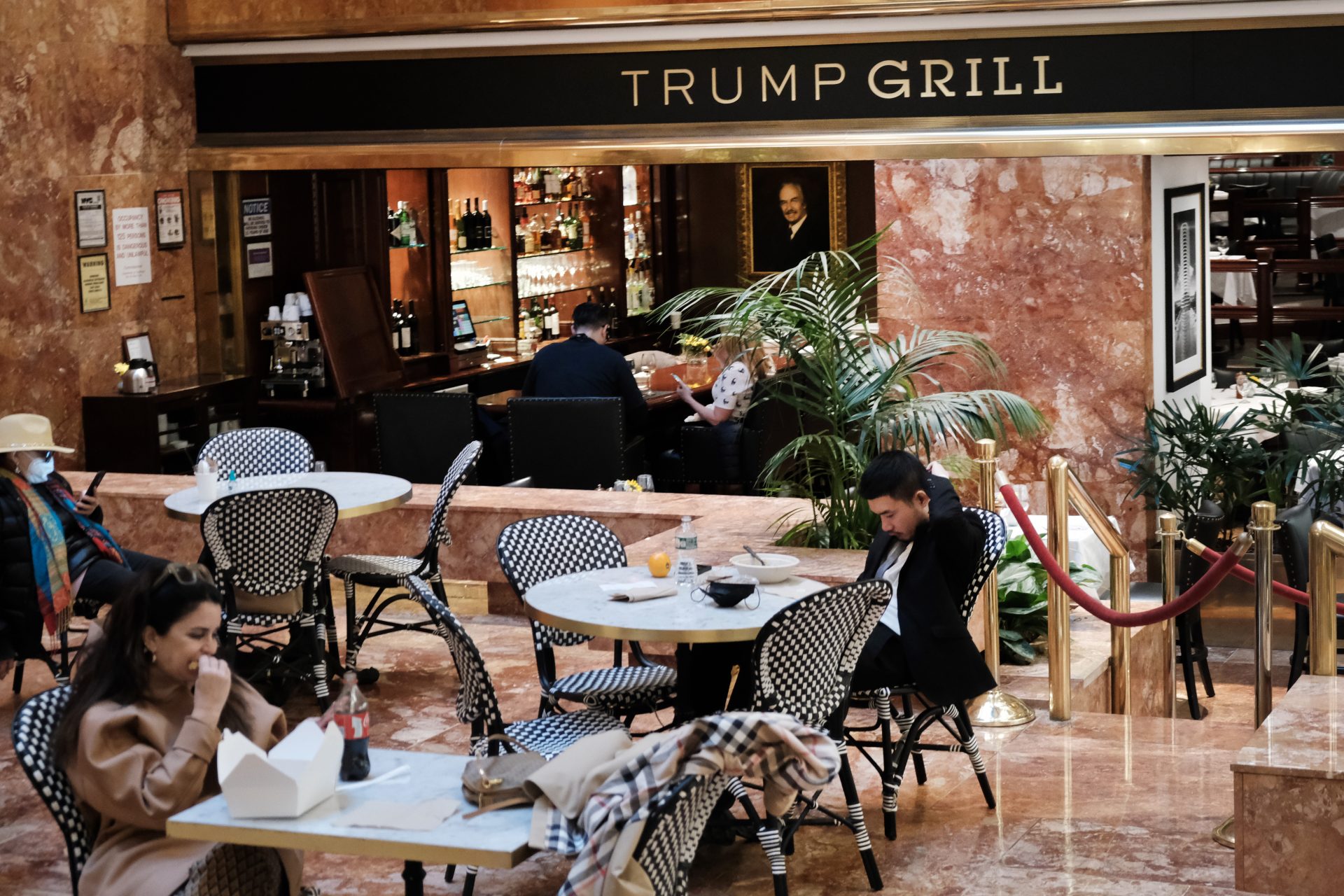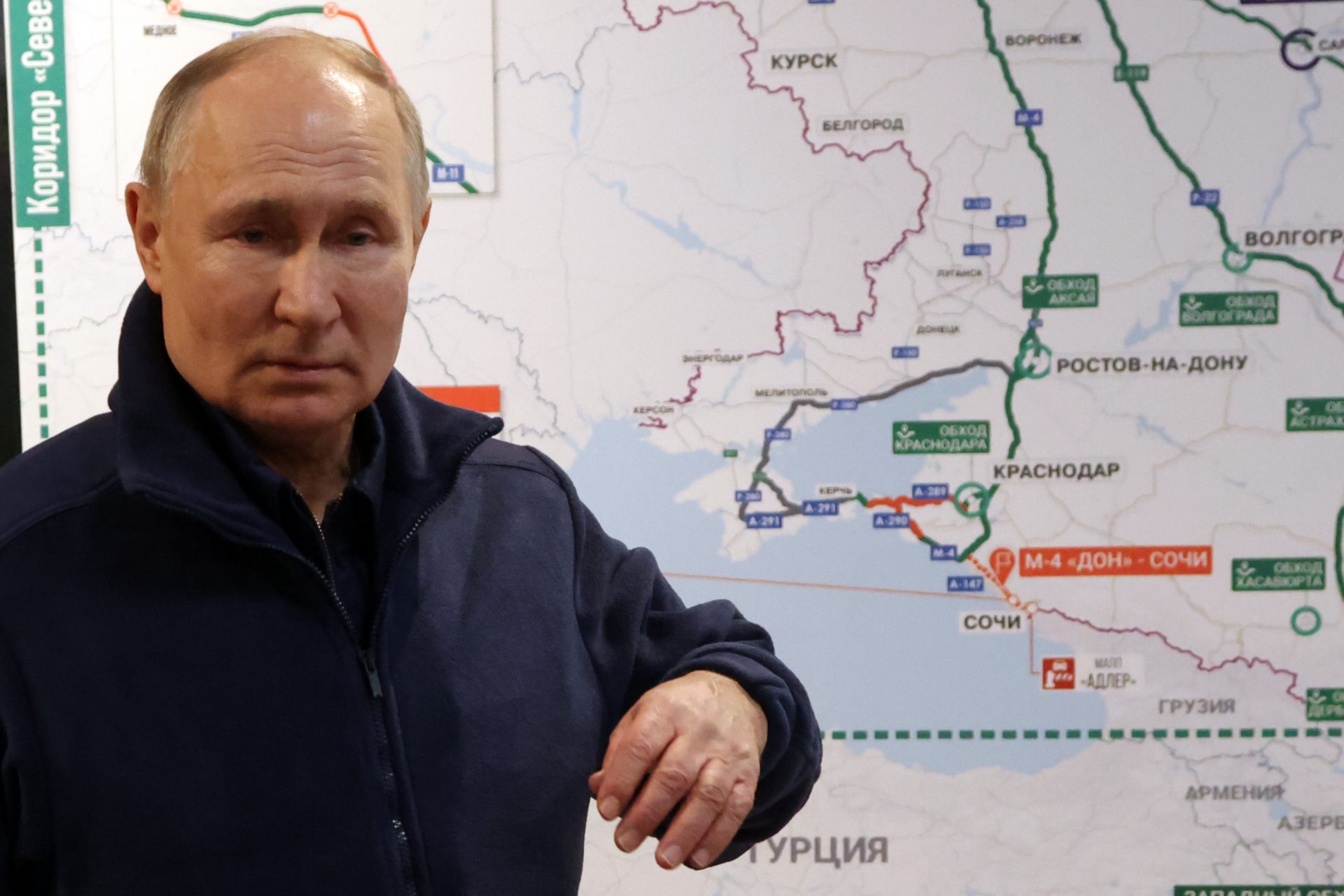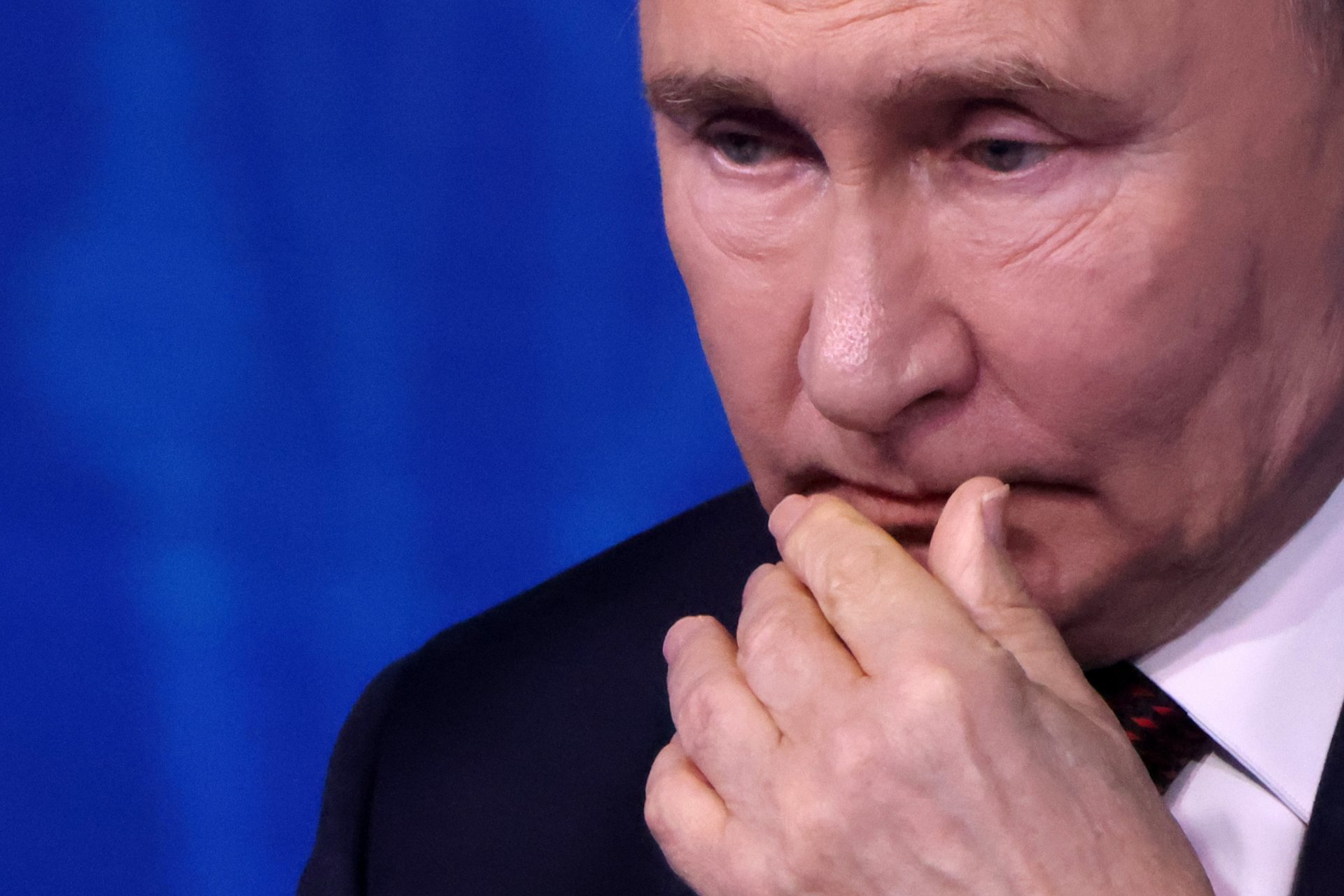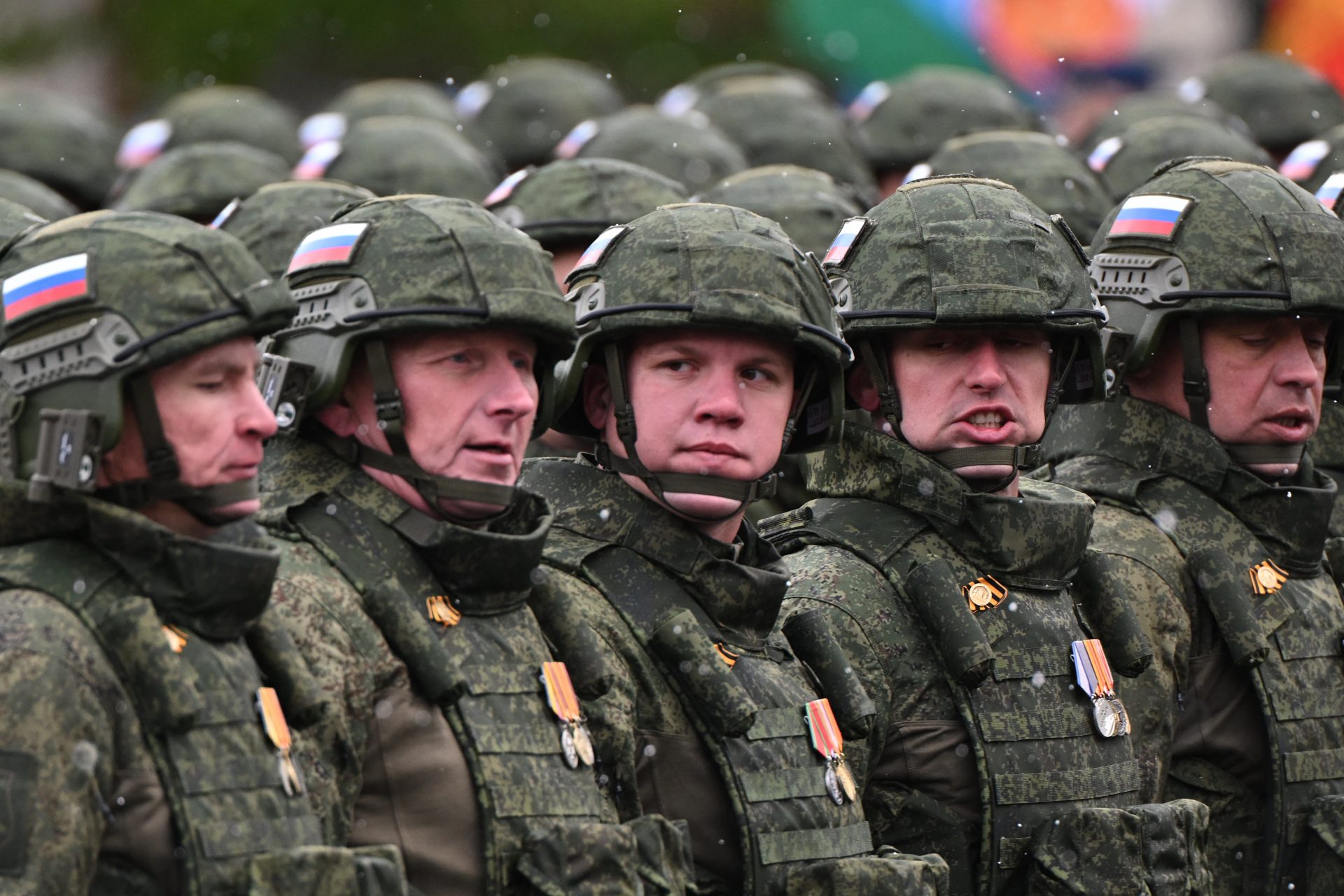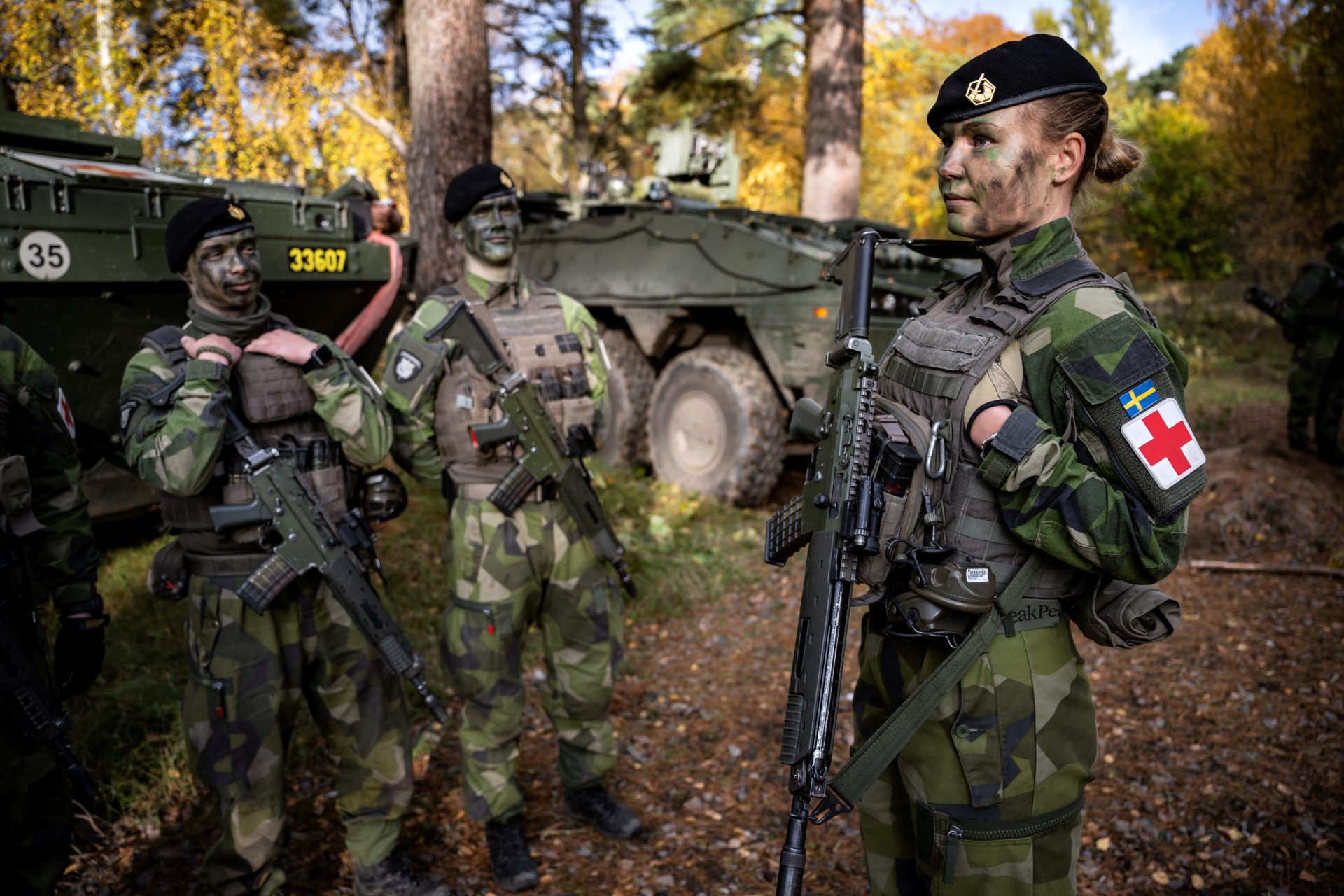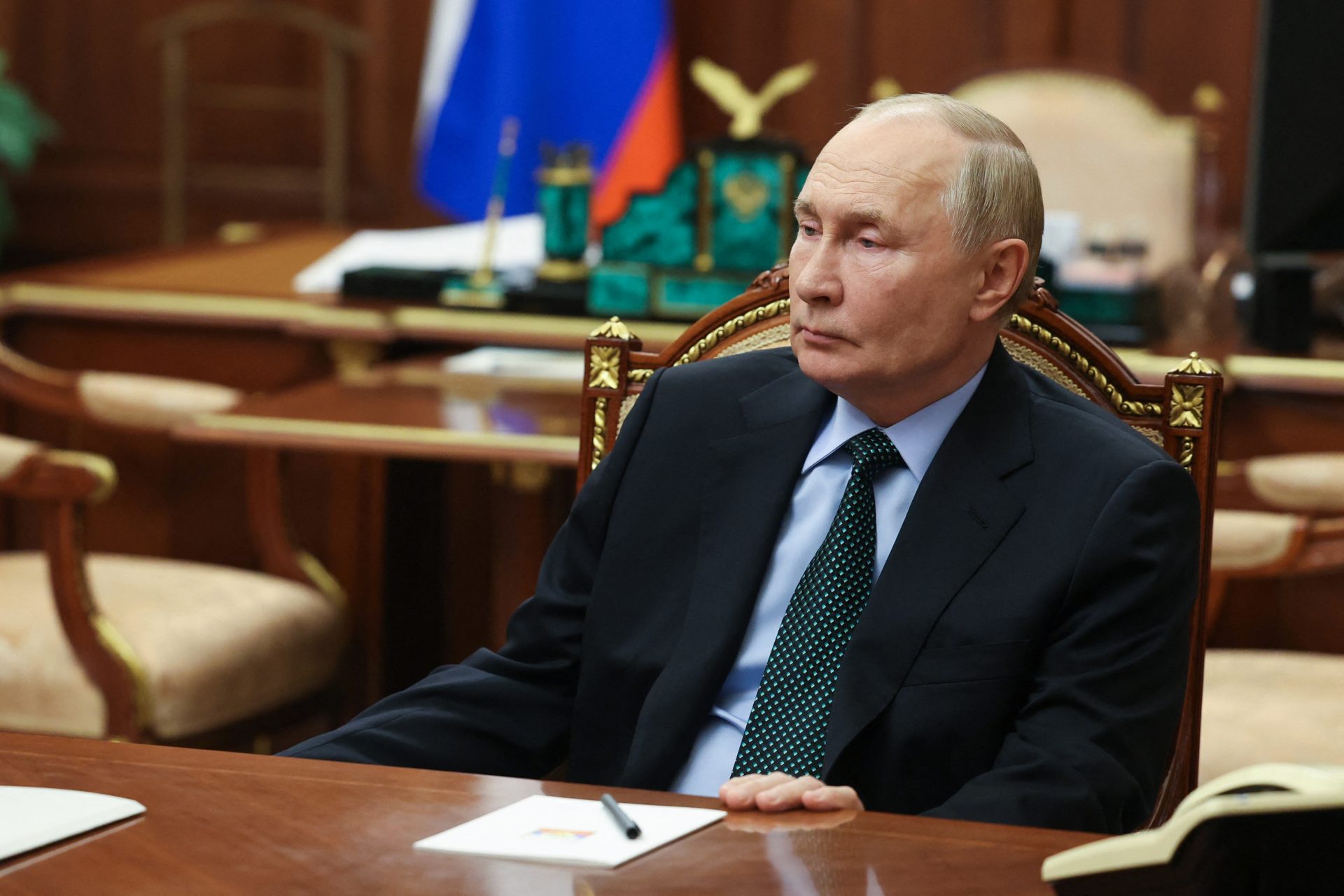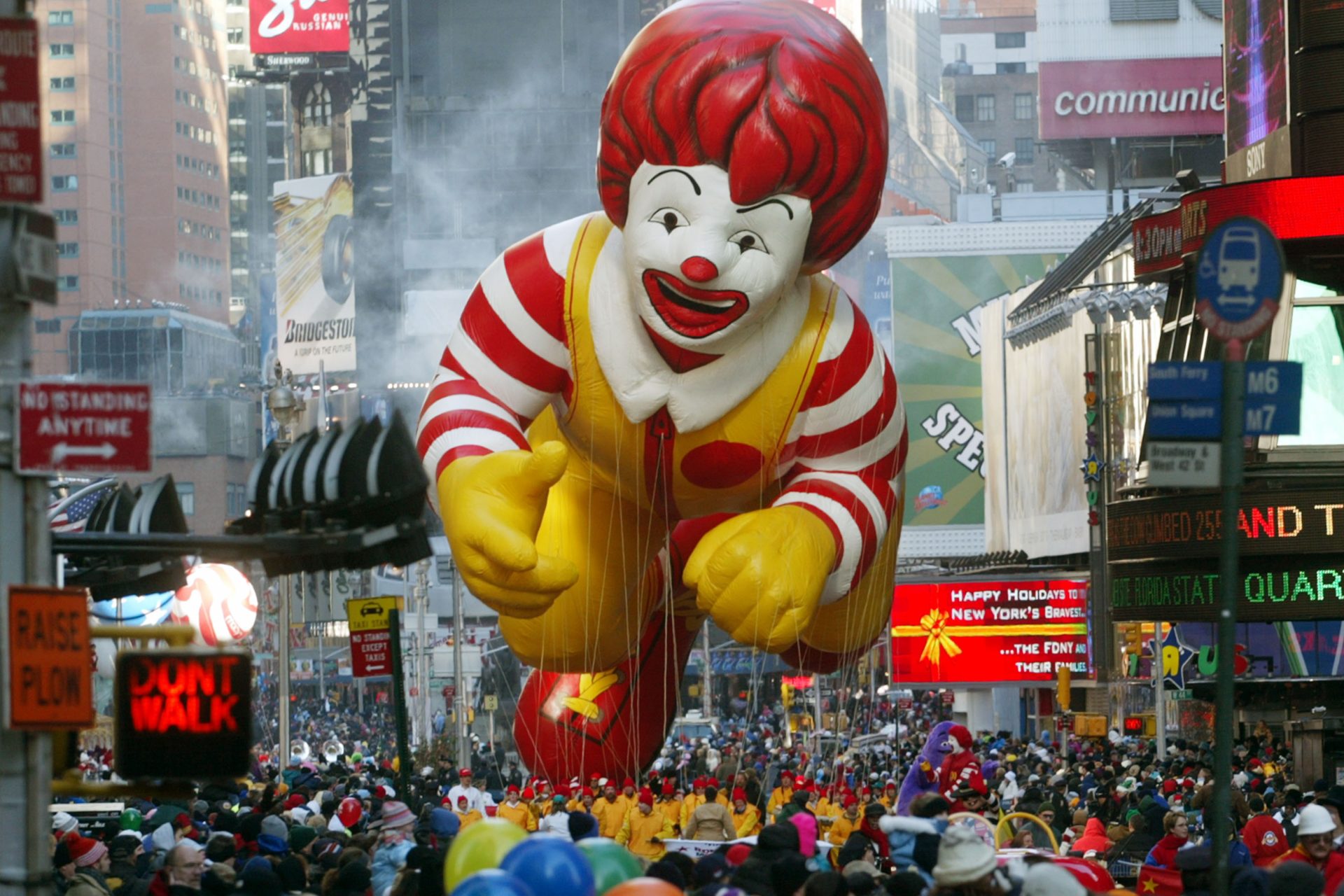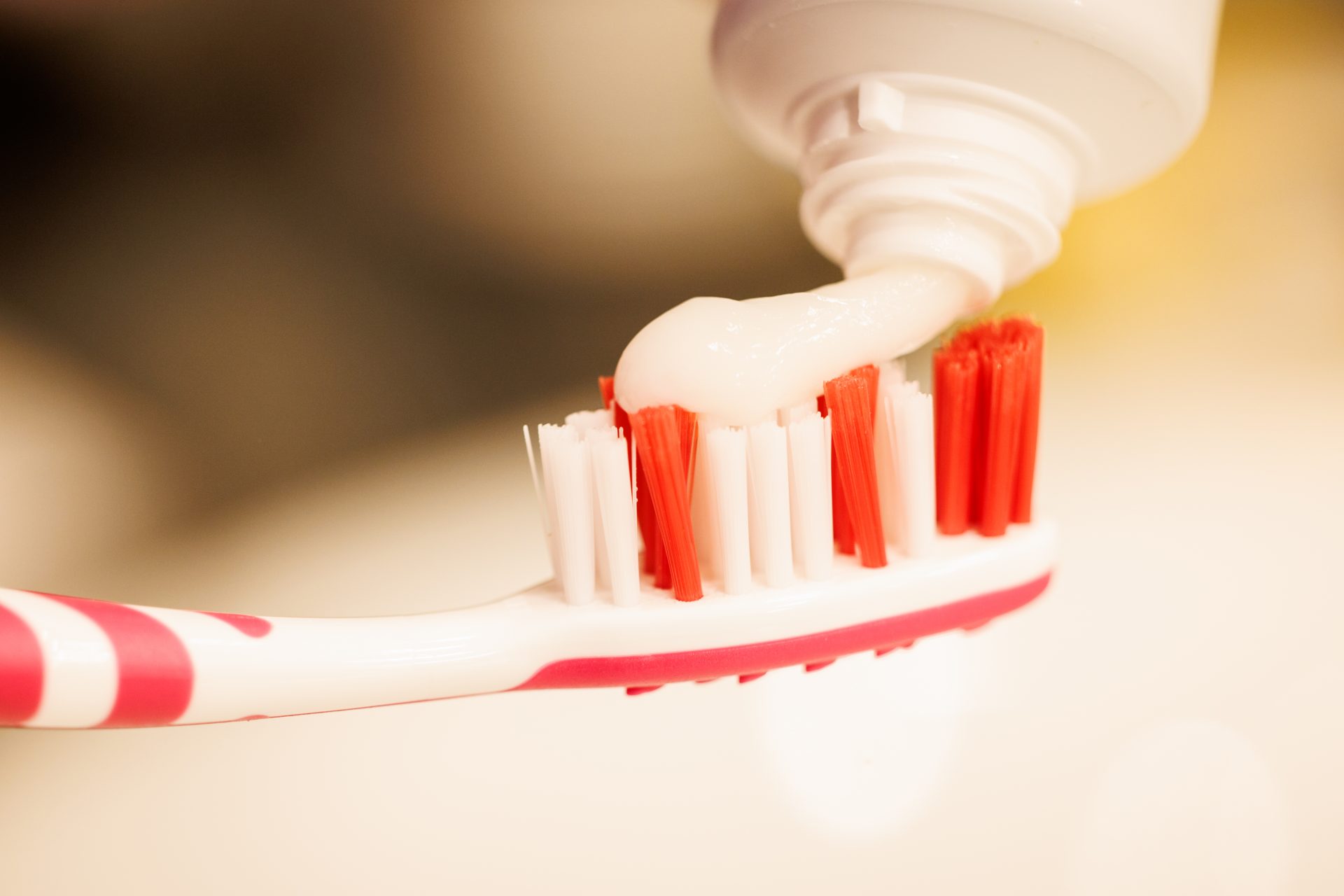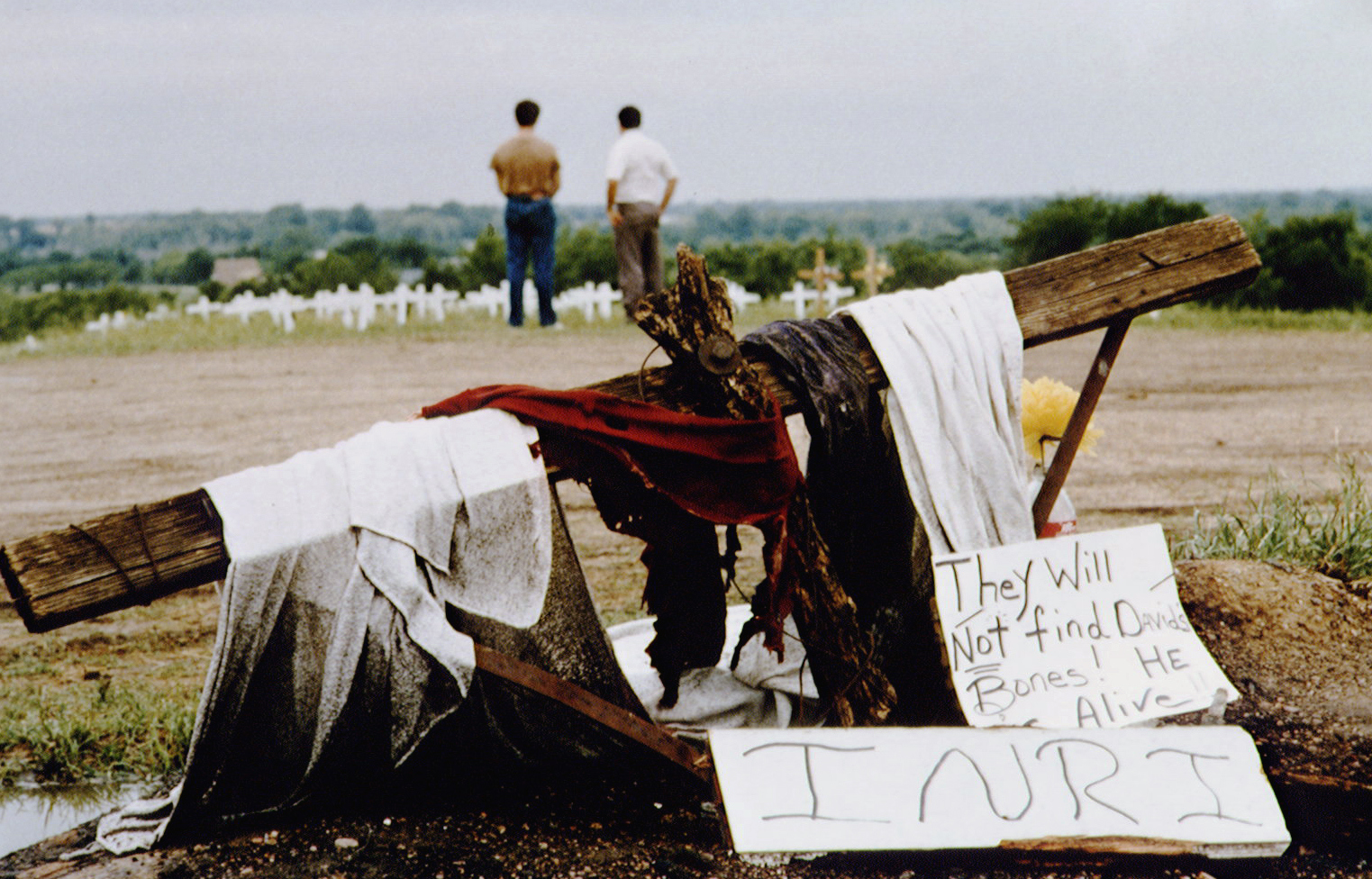A chip off the old block? Meet Donald Trump's controversial father
“I learned from my father that every penny counts, because before too long your pennies turn into dollars,” writes Donald Trump in ‘The Art of the Deal’.
Although the book is now said to have been partially or totally ghost-written by Tony Schwartz, what is true is that without Fred Trump we wouldn’t have had The Donald.
Frederick Christ Trump was born in New York City in 1905. His parents (pictured in the book) were German immigrants from the then-Kingdom of Bavaria. Fred would later claim they were Swedish, due to the anti-German sentiment during and following the Second World War.
Fred’s father passed away in 1918 due to the Spanish Flu. This forced young Fred Trump to manage his father’s properties early on with his mother Elizabeth.
In 1927, when Fred turned 21, he and his mother formed the firm E. Trump & Son, the forerunner of The Trump Organization.
In 2015, it surfaced that Fred Trump had been arrested at a Ku Klux Klan rally in 1927. Though not outwardly racist, his real estate business was mired with accusations of housing discrimination several times over the years.
This was no obstacle for the business to grow in the following decades, growing rich from developing several low-income housing projects in the New York City area. He was called by a local newspaper “the Henry Ford of the home building industry”.
Another thing he was notable for? Playing games where he always managed to come off on top. He was investigated two times for unethical business practices.
Fred met Mary Anne McLeod in the mid-1930s and remained together until his death in 1999. The two had five children: Maryanne, Fred Jr., Elizabeth, Donald, and Robert.
Pictured: Fred and Mary Anne Trump with their son, Donald, in the 90s.
Fred was described by his granddaughter Mary Trump as someone authoritarian with his family. He was a teetotaler who forbade cursing, snacks between meals, and would make them pick bottles from his construction sites to change for pennies.
Mary’s dad was Fred Trump Jr., Donald Trump’s older brother. When Mary’s dad (pictured here while working in the family business) decided to leave real estate to become an airplane pilot, Fred Sr. never forgave him. The eldest Trump son died of alcoholism at the age of 42.
“Financial worth was the same as self-worth, monetary value was human value,” Mary Trump confesses in an interview to Bloomberg, commenting that her grandfather imprinted those values on Donald.
Donald Trump became head of E. Trump and Son in 1971, renaming it The Trump Organization in 1973. Today, the business group is managed by Donald's children and is made up of over 500 business entities.
A 2016 piece by The Guardian argues that Donald's obsession with flashiness and extravagance is an attempt to compensate for his father's austere demeanor.
A 1940 interview cited by The Guardian portrays him as someone more comfortable carrying his business empire from his kitchen table in Queens than from a skyscraper overlooking Central Park.
Still, by all accounts, it seems that father and son had a good relationship, with Fred bailing Donald out on more than one occasion.
Fred Trump's health declined in the 1990s. He was diagnosed with dementia in 1991 and passed away on June 25, 1999, at the age of 93. His funeral was reportedly attended by over 600 people, including a 20-something Melania Knauss.
His will was contested by the children of Fred Trump Jr., who were excluded from the document. The matter still remains controversial to this day.
Pictured: Fred Trump III in front of The Rockefeller Center, circa 2000.
Despite the fact that the name Trump has been surpassed by his far more famous son, the shadow of Frederick Christ Trump lingers on.
Visitors to Trump Grill, on the ground floor of the Trump Tower, can see a painting of the old man by the bar. Something of an irony, since he was a teetotaler.
And during his time in the White House, Donald Trump kept a framed photo of his father in the Oval Office.
More for you
Top Stories





















